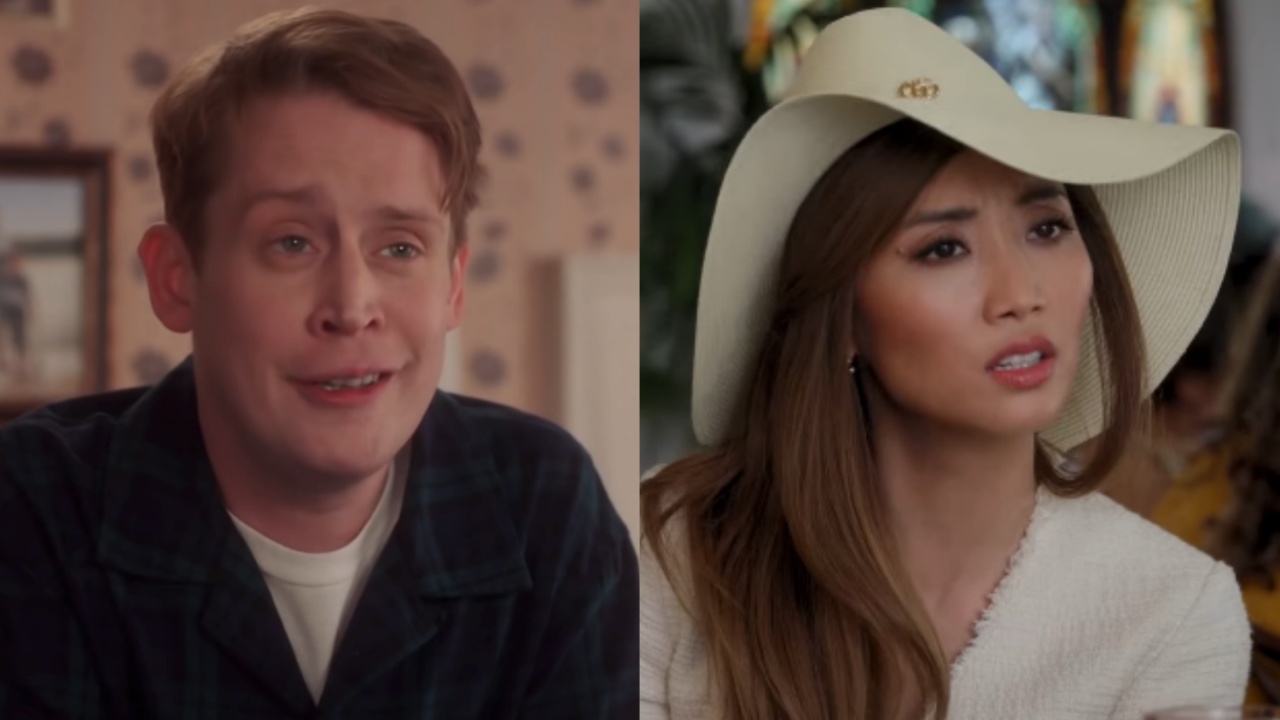4 Big Godzilla Problems We Need To Address
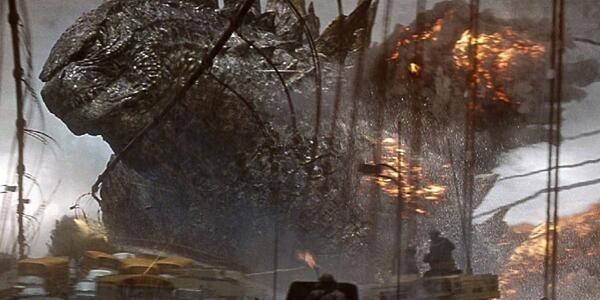
Your Daily Blend of Entertainment News
You are now subscribed
Your newsletter sign-up was successful
This past weekend, Gareth Edwards’ Godzilla turned out to be a massive success. After earning a healthy majority of positive buzz from critics, the movie scored big at the box office both domestically ($93 million – the second biggest of the year) and overseas ($103 million), getting a solid B+ CinemaScore in the process. Exciting all of that positivity is, however, it’s important also to recognize that the film has some very noteworthy problems.
As much as I personally enjoyed Godzilla - and I really did quite a bit – ever since I walked out of my screening I have been nagged by thoughts of some critical issues that don’t quite ruin the film, but certainly do their part to take it down a few pegs. What exactly are these faults? Read on to find out!
SPOILER WARNING! In case it wasn’t already obvious, this article is packed to the brim with big, important details from Godzilla. If you haven’t seen the film yet, continue at your own risk!
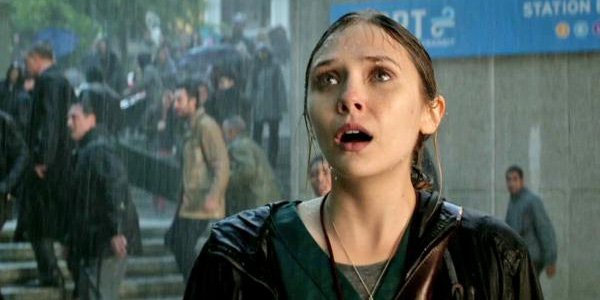
The Film Completely Ignores Its Female Human Characters
Let’s be fair: Godzilla is far from the only modern blockbuster to be completely lacking in interesting female characters. Sexism has been a significant and bad thing in Hollywood for decades, and the sad truth is that a great number of big budget studio movies don’t really bother developing their female characters. But just because Godzilla is a single part of a larger trend doesn’t mean this important fault should be ignored.
There are three immensely talented actresses in the new monster movie, with Juliette Binoche, Elizabeth Olsen, and Sally Hawkins all playing supporting roles, and not a single one of them really gets to do anything for the entire film. Binoche’s character is killed off within 10 minutes of meeting her; Olsen doesn’t really do much more than worry about her husband and panic during the destruction of San Francisco; and Hawkins simply follows Ken Watanabe around and is occasionally tossed a line of dialogue. The reality is that any of the male characters in the film – from David Strathairn’s Admiral William Stenz to Aaron Taylor-Johnson’s Ford Brody - could have easily been altered and played by a woman, but instead Godzilla gives all of its meaty parts to the men. It may all be part of a bigger problem, but it’s most definitely a singular problem as well.
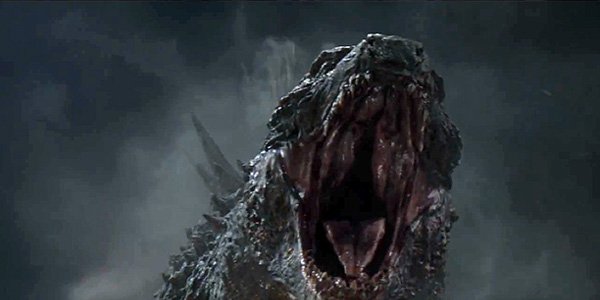
The Godzilla Vs. Muto Fight In Hawaii Needed To Be Longer
Your Daily Blend of Entertainment News
One thing that I actually really appreciate about Godzilla is the way it treats its main character. Rather than rushing the story by trying to get the King of the Monsters on the screen as soon as possible, Gareth Edwards instead keeps the audience waiting in anticipation by taking care of the plot involving the Brody family and the introduction of Muto long before having Godzilla actually show up. As a result, it’s quite thrilling when we get to see the giant beast for the first time stomping into Honolulu International Airport for its first showdown with the movie’s other big creature.
Unfortunately, it’s severely undercut by the fact that the scene winds up going absolutely nowhere.
Looking at the scene from a filmmaker’s perspective, I understand the argument for cutting the Hawaii sequence short, as you don’t want to hurt the film with CGI overload or take away the impact from the final battle sequence in San Francisco, but I still can’t help feeling shortchanged for what is supposed to be an epic reveal. I don’t mind the cutaway to the Brody house where Ford and Elle’s son is watching the monster fight on TV, but the next cut has to be back to the battle, not to the next morning. The end-game of the scene has to be Muto flying away from Godzilla’s grasp no matter what (and we actually do see this play out on the television), but why not give the audience a nice full-screen preview of some monster vs. monster action setting up for the third act? \
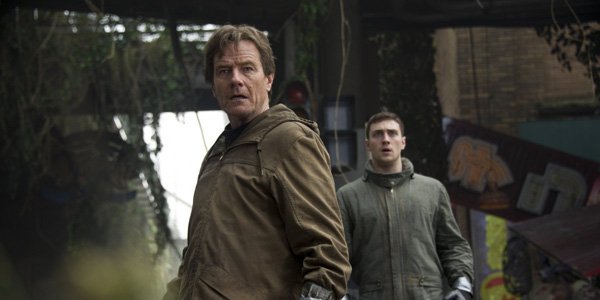
Bryan Cranston’s Death Scene Could Have Been Handled A Lot Better
Thanks to years putting on one of the greatest acting performances of all time starring as Walter White on Breaking Bad, Bryan Cranston has never been bigger than he is right now, and his time in the first act of Godzilla is legitimately fantastic. While he is playing a pretty clichéd character, he brings the perfect emotional level and energy that the part requires and, in many ways, the movie builds itself on his back. It’s really just a shame that the film couldn’t have given him a better exit.
As happy as I was to see Joe Brody survive his fall during the initial Muto attack, and as important as it was to have Ford by his father’s side before death, I’m still having trouble logically understanding the events that occurred between those two points in time. If Joe is going to die in the script, then what is the point of having Dr. Ichiro Serizawa point at him and select him for his team? Is it possible that Joe would have survived if he had stayed on the ground instead of being put into a helicopter? To a certain degree it almost feels like there was an in-between scene explaining the logic of the move that got cut for whatever reason during post-production, leaving the final product just a tad too sloppy.
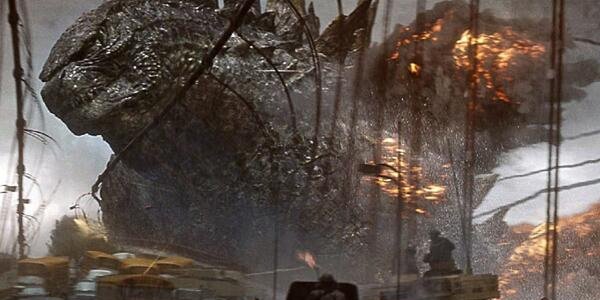
We Need A Real Reason To Cheer For Godzilla
While Godzilla was initially introduced in 1954 as a villainous monster (and full blown metaphor for the atomic bomb), he has spent most the decades since as one of the good guys, helping protect humanity by defeating a seemingly never-ending series of giant beasts created through science and nature. This latter vision is maintained in Gareth Edwards’ reboot to great effect, as it is an utter delight watching Godzilla utterly destroy the male and female Mutos at the end of the film. The key plot point that the movie completely forgets about, however, is giving the audience a legitimate reason to cheer for the King of the Monsters outside of straight-up hope.
Following the emergence of both Godzilla and Muto in the film, the United States military is very keen on the idea of blowing the shit out of the kaiju with nukes (acknowledging the serious threats that the beasts represent), but Dr. Serizawa insists that humans should really trust Godzilla as the dominant predator. The problem is that he never actually presents any evidence to suggest that this is really the best course of action, and the audience is left just assuming he is right – not exactly great storytelling. We can cheer at the end because the whole thing is epic and fun, but it’s hard to argue that the ending would have felt earned if the conclusion was based in understood evidence and logic instead of what kind of seems like luck.

Eric Eisenberg is the Assistant Managing Editor at CinemaBlend. After graduating Boston University and earning a bachelor’s degree in journalism, he took a part-time job as a staff writer for CinemaBlend, and after six months was offered the opportunity to move to Los Angeles and take on a newly created West Coast Editor position. Over a decade later, he's continuing to advance his interests and expertise. In addition to conducting filmmaker interviews and contributing to the news and feature content of the site, Eric also oversees the Movie Reviews section, writes the the weekend box office report (published Sundays), and is the site's resident Stephen King expert. He has two King-related columns.
